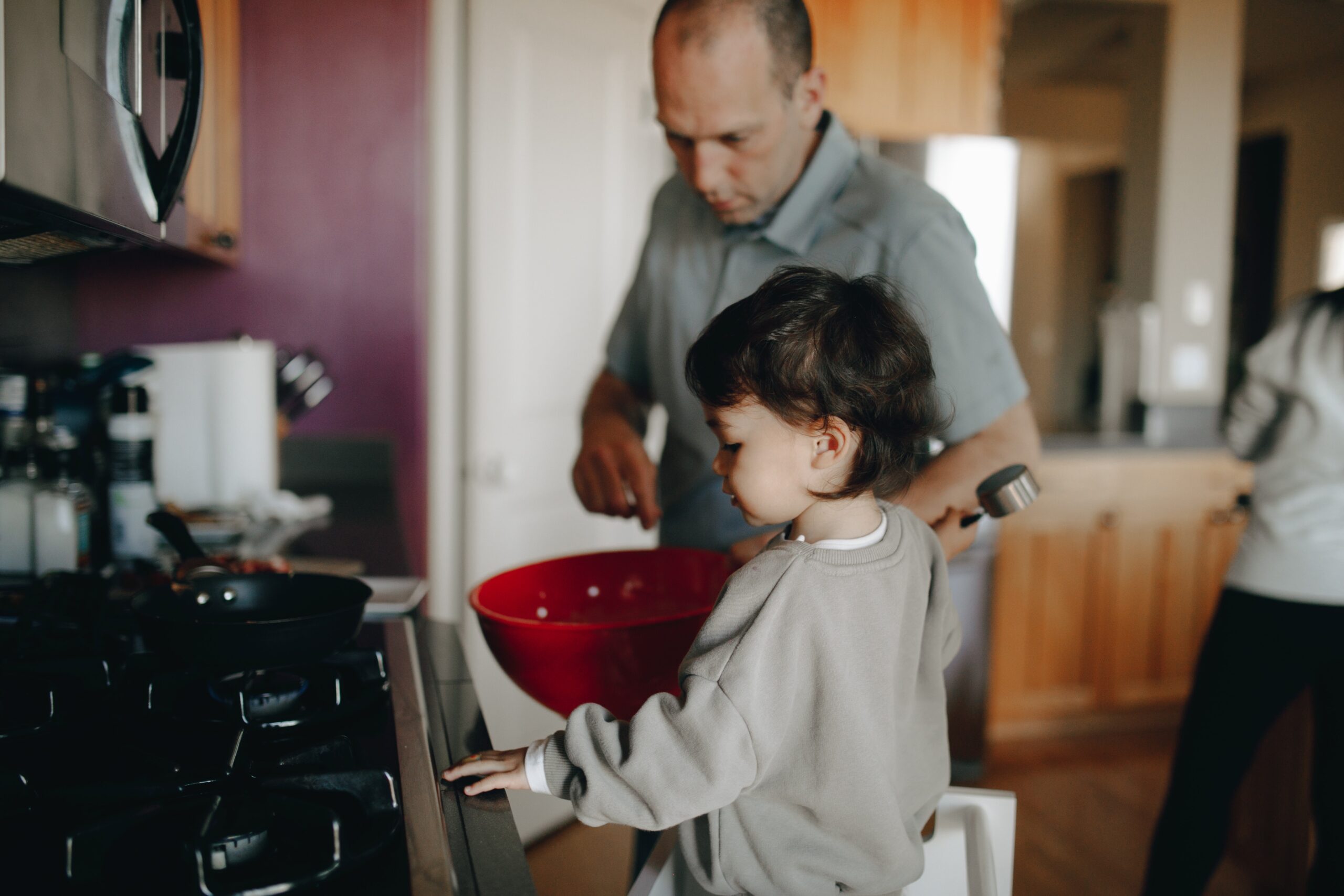What can we learn from International Development?

My new favourite podcast is ‘The Rest is Politics’ with Alistair Campbell and Rory Stewart. It demonstrates to me the best in politics – healthy debate between two people from different political parties, who clearly get on at a personal level.
I was particularly struck by an international development approach in Rwanda that Rory Stewart mentioned a few weeks ago. He was blown away by a change that happened in a Rwandan town over the course of a year. It had been brought about through an innovative development approach, namely giving each resident of the town a sum of money. This had led to a step-change in people’s standard of living within a year – an increase in the ownership of animals, bicycles and access to healthcare. Rory suggested that this is the route forward for International Development rather than the traditional aid agency development worker approach.
The ownership of assets got me thinking about parallels here in the UK. Despite my husband and I both having busy full-time jobs and two kids, we are able to regularly serve up healthy, homecooked food for the family most days of the week. But it is our assets that enable us to do this; we regularly batch cook at the weekend, and we have two freezers which are typically full of home cooked food in plastic tubs. I estimate that we have perhaps £300-500 worth of food and Tupperware in the freezer at any one time.
For many single parents on low incomes, trying to look after children alone, it is highly unlikely that they can take this approach. The cost of the freezer and bulk purchase of food in advance are resources they don’t have. To provide homecooked food to their children, they face having to cook low cost, fresh food each day alongside all the other challenges of parenting and working or job hunting.
I am wondering how an approach similar to the Rwandan one could work here? How can we provide people with low incomes with the resources that they need to be able to take a step-change in their living standards? Obviously, we are all individuals and I am not advocating that our batch cooking approach will be for everyone. But what I am asking is how we can enable those who want to live healthier lives to do so in a more time efficient way regardless of any financial (or, for that matter, any other) barriers.



